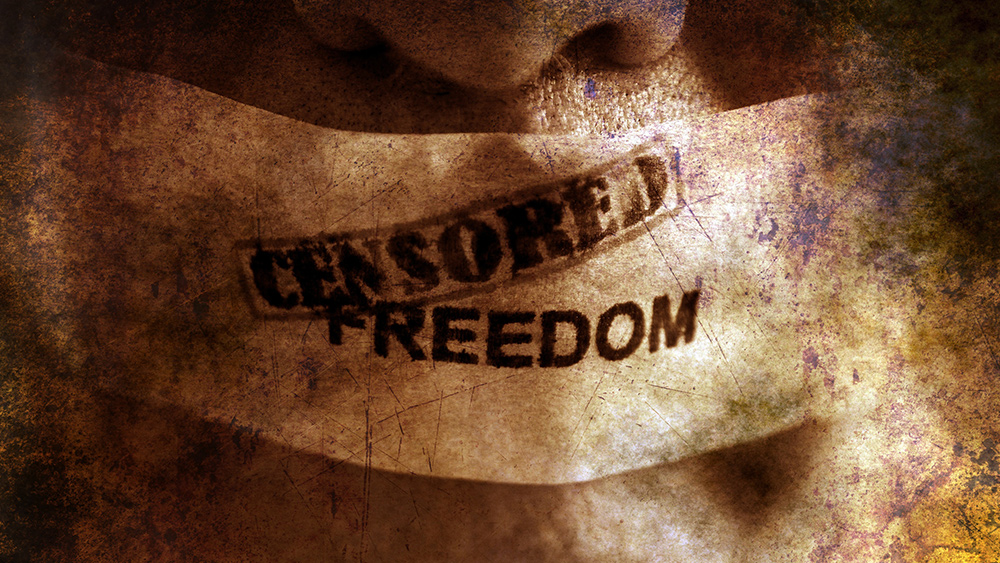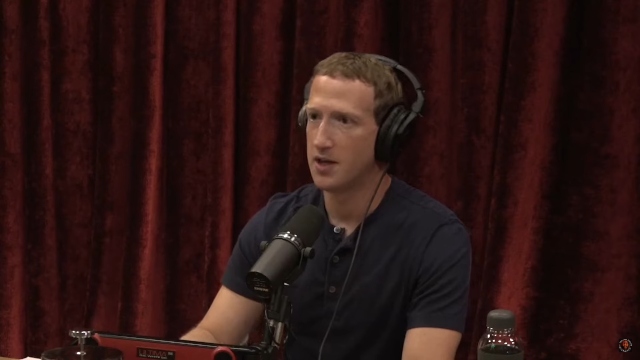 Parler
Parler Gab
Gab
- Ohio Gov. Mike DeWine vetoed Section 3792.07(B) of House Bill 315, which aimed to shield medical professionals from disciplinary action for sharing unverified medical opinions.
- The veto was in response to a case involving Dr. Sherri Tenpenny, who faced disciplinary action for making false claims about COVID-19 vaccines, including the claim that they magnetize people.
- DeWine emphasized that the medical licensing boards exist to protect patient safety and that Section 3792.07(B) could undermine regulatory agencies' ability to investigate and discipline healthcare professionals for harm caused to patients.
- Despite the veto, DeWine signed other parts of HB 315 into law, including provisions related to the jurisdiction of the World Health Organization (WHO), off-label drug prescriptions, and patient nutrition and fluids.
- The bill also includes optional fees for public requests of law enforcement footage, which DeWine noted are capped and directly related to the cost of production. He stated he would work with the General Assembly to amend the language if unforeseen consequences arise.
DeWine signs other parts of HB 315 into law
Despite the veto of the medical free speech provision, DeWine still signed other parts of HB 315 into law. This section includes a statement that the World Health Organization (WHO) does not have jurisdiction in Ohio; a ban on state and local governments issuing public health guidelines that prohibit the prescribing of off-label drugs; and a provision ensuring hospitals cannot deny nutrition or fluids to patients unless requested or necessary for medical procedures. Moreover, DeWine also allowed the section wherein HB 315 would permit law enforcement agencies to charge high fees for public requests for body camera, dashboard camera and surveillance footage. However, the governor noted that the fees are optional at the discretion of the agency and are capped and directly related to the cost of production. "It is good that the language in House Bill 315 does not include a mandatory fee, but instead, it is optional at the discretion of the agency," DeWine said. "It is also good the user fees are capped and directly related to the cost of production. If the language in House Bill 315 related to public records turns out to have unforeseen consequences, I will work with the General Assembly to amend the language to address such legitimate concerns."More related stories:
New book narrates RFK Jr.'s pursuit of medical freedom – especially for children.
Beware of "chaos agents" in the medical freedom movement, warns Mathew Crawford.
Op-ed: Bill Gates colluding with the WHO to restrict medical freedom worldwide.
Sources include: JusttheNews.com Dispatch.com Brighteon.comZuckerberg slams Biden for censoring vaccine opposition, takes aim at Apple in Rogan interview
By Belle Carter // Share
As Los Angeles wildfires burn, social media points to Israeli-made fires in Gaza
By News Editors // Share
Governments continue to obscure COVID-19 vaccine data amid rising concerns over excess deaths
By patricklewis // Share
Tech giant Microsoft backs EXTINCTION with its support of carbon capture programs
By ramontomeydw // Share
Germany to resume arms exports to Israel despite repeated ceasefire violations
By isabelle // Share









